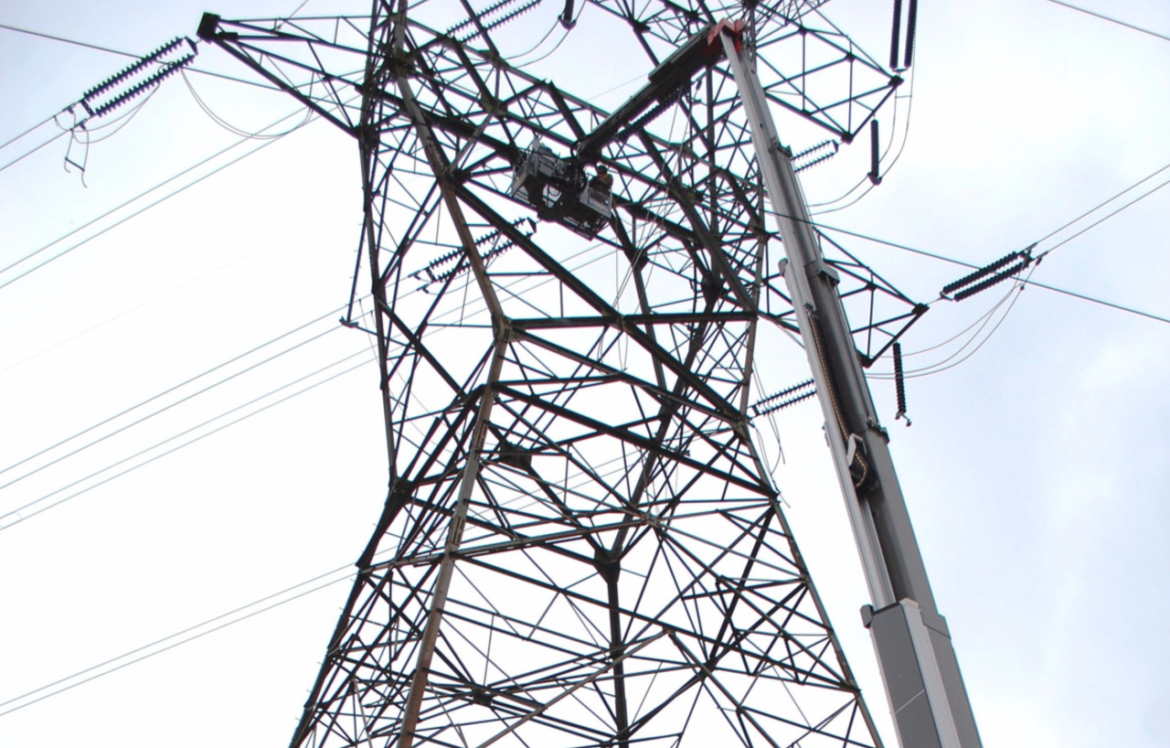By GARRY RAYNO, InDepthNH.org
CONCORD — The New England regional electric system operator does not believe rolling blackouts will occur unless there is a prolonged cold snap this winter.
Independent System Operator (ISO) New England officials said today they believe longer range energy forecasting and conservation efforts will allow the electric system to operate this winter without service disruptions.
New England should have adequate electricity supplies under mild and moderate weather conditions this winter, the officials said, but a prolonged period of very cold weather could put the system at risk.
“Based on seasonal weather forecasts and information provided by generators about their fuel arrangements, the region’s power system is prepared for mild and moderate weather conditions,” said Gordon van Welie, ISO New England’s president and CEO. “If long periods of severely cold weather develop, we’ll lean on our forecasting tools to identify potential problems early enough to take proactive measures, such as calling for increased fuel deliveries or asking for public conservation.”
The ISO made a similar projection last year, but the region did not experience any rolling blackout. But New England’s primary fuel, liquified natural gas (LNG), to produce electricity is in even greater demand this year and the price has skyrocketed due to the Ukrainian War.
The US Energy Information Administration warned since last summer New England faced potential natural gas shortfalls this winter.
ISO New England officials said they do not anticipate controlled power outages or rolling blackouts this winter, unless the power system is at risk of collapsing, which would take days or weeks to repair.
If there is a need for rolling blackouts, officials would work with local utility companies before lowering electricity demands in their areas.
The state’s largest electric utility, Eversource, will open bids Tuesday from wholesalers seeking to provide electricity for default service customers, said the utility’s media relations manager William Hinkle, and will fill with the Public Utilities Commission later this week.
“ Eversource is fully prepared to procure the energy supply that our customers need and rely on, and we will continue working with our regulators, the consumer advocate, and other stakeholders in the best interest of our customers in accordance with all applicable laws and regulations,” Hinkle said, noting the company’s CEO sent a letter to President Biden in October expressing his concerns about the costs of natural gas, its availability, and the impact higher prices have on customers and the implication globally.
“As both an energy company CEO and a lifelong New Englander, I am deeply concerned about the potentially severe impact a winter energy shortfall would have on the people and businesses of this region,” Eversource CEO Joseph Nolan wrote. “The federal government has at its disposal a number of emergency authorities that could relieve the risk to electric reliability New England faces this winter, if exercised in a timely way.”
He listed several possibilities and urged the president to have the energy secretary convene a group of federal officials, state officials and energy regulators, as well as utilities to work to see the region has sufficient energy supplies this winter.
Officials said they have many tools available in emergency conditions. The operator could import power from neighboring regions, use power system reserves, or ask businesses and residents to voluntarily conserve energy 24 hours a day.
The officials pointed to conservation efforts in California in September when that system was at risk from a brutal heat wave as being very effective.
The officials said they anticipate generators will use stored fuels to operate around the clock in a period of extremely cold weather and the ISO would ask businesses and residents to conserve until either more fuel is available or the weather warms.
Projected winter electricity needs are up about 2 percent from last year with demand anticipated to reach a peak of 20,009 megawatts during average winter weather conditions of 10°F, and 20,695 MW under below-average conditions of 5°F. The historic winter peak occurred in a January 2004 cold snap with usage reaching 22,818 MW.
The ISO said it uses rolling three-week forecasts to identify potential energy shortfalls to prevent or lessen the impact as well as fuel and renewable generation trends.
Identifying and publicizing potential fuel supply shortfalls weeks in advance signals generators to contract for additional fuel deliveries and allows coordination among the ISO, the region’s utilities and government officials, they said.
“Preparing for any season requires coordination,” van Welie said. “By working together in advance, the ISO, the utilities, the energy industry, and government officials can ensure we’re all on the same page should challenging conditions materialize.”
2022-2023 winter outlook by the numbers
- Winter peak forecast: 20,009 MW under normal weather conditions; 20,695 MW under below-average conditions
- Last winter’s demand peaked at 19,756 MW on January 11, 2022, when temperatures averaged 10°F
- The all-time winter peak demand is 22,818 MW, set on January 15, 2004, during a cold snap
- Resources with a Forward Capacity Market (FCM) capacity supply obligation to be available: 30,145 MW
- Total resources, including both FCM obligations and capability without FCM obligations: 34,103 MW (a generator’s maximum possible output may be greater than its FCM obligation)
- Natural-gas-fired generating capacity at risk of not being able to get fuel when needed: more than 4,100 MW
- All-time peak demand: 28,130 MW, on August 2, 2006
Garry Rayno may be reached at garry.rayno@yahoo.com.





